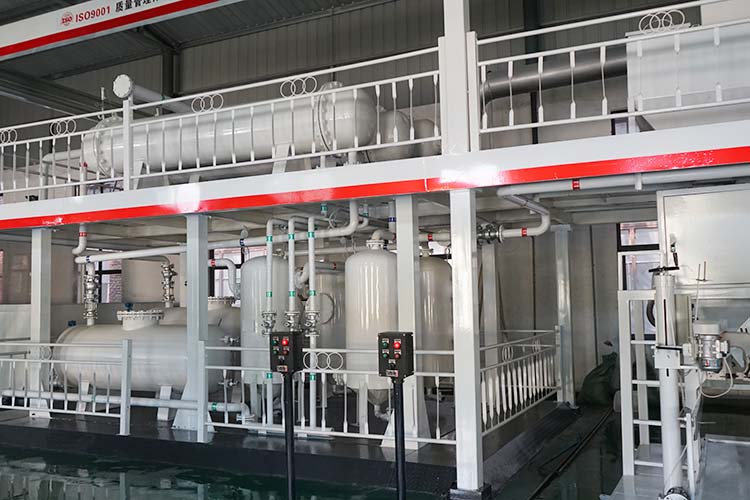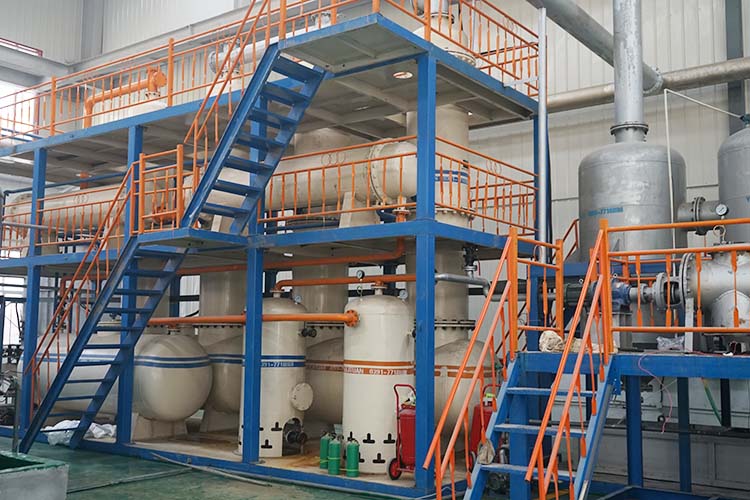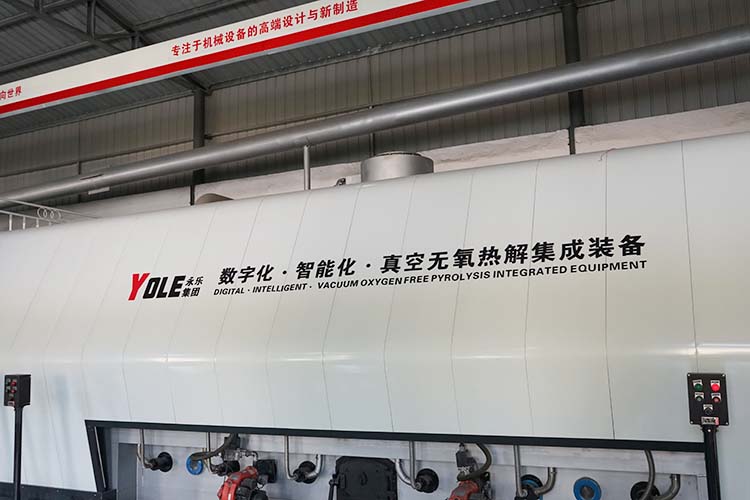Most countries in West Africa are dominated by agriculture, and the proportion of kitchen waste, crop straw, animal manure and other biomass garbage in urban and rural household garbage is very high. Meanwhile, with the development of urbanization, the problem of plastic waste pollution is becoming increasingly prominent. Due to limited economic conditions and lack of waste treatment facilities in most areas, waste is generally stacked in the open air, discarded randomly or incinerated simply, which not only pollutes soil, water source and air, but also easily causes disease transmission and affects residents' life and agricultural production.

The domestic waste treatment equipment can provide economical and practical solutions according to the actual situation of West Africa. Small household and community type treatment equipment is suitable for rural areas, and can convert kitchen waste, straw and excrement into organic fertilizer, which can be directly used in farmland to improve soil fertility; Medium-sized township-level treatment equipment can realize centralized sorting of garbage, recycle recyclable materials such as plastics and metals, and fermentation of biomass garbage to produce biogas for lighting and cooking in townships; For large cities such as Lagos and Accra, large modular treatment plants can realize large-scale waste treatment, focusing on solving the problem of plastic waste and centralized kitchen waste treatment.

In terms of energy adaptability and low cost, the domestic waste treatment equipment is highly suitable for the development needs of West Africa. West Africa is rich in solar energy resources, and the equipment is generally equipped with solar power supply modules to reduce the reliance on traditional electricity and save operating costs; Some equipment can also use the marsh gas produced by the fermentation of biomass waste as the energy source to realize energy self-sufficiency. The equipment purchase cost is people-friendly, the operation process is simple, the local villagers and workers can get started after short-term training, the accessories required for maintenance are easy to produce and purchase, and the later operation cost can be effectively reduced.

China Yongle Environmental Engineering Co., Ltd. has developed a series of highly adaptive domestic waste treatment equipment in West Africa based on the waste characteristics and development demands of the region. The small biomass treatment equipment of the company has high conversion efficiency, which can quickly convert various agricultural wastes into high-quality organic fertilizers and help local agricultural production increase; The marsh gas production system of medium-sized processing equipment is optimized and can still produce gas stably under high temperature environment; For plastic waste pollution, the equipment is equipped with simple and efficient crushing and recycling modules, which can process recyclable plastics into simple building materials or daily necessities and improve the value of resource utilization. In addition, the Company also cooperates with local enterprises in West Africa to realize localized production of some equipment accessories
Yongle Environmental Protection is mainly engaged in the research and development, production and sales of complete sets of technical equipment for organic solid waste disposal and comprehensive utilization. Production and manufacturing, domestic waste treatment equipment, tire pyrolysis equipment, medical waste disposal equipment, hazardous waste disposal equipment, and achieve efficient and comprehensive utilization of resources through independently developed low-temperature anaerobic pyrolysis equipment technology solutions.
Tags:Household waste treatment equipment promotes win-win situation of ecological agriculture in West Africa,household waste treatment equipment,YONGLE GROUP
 Latest news
Latest news


























